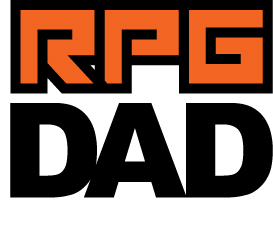Anyone who played Dungeons and Dragons for more than a couple sessions remembers the great feeling when her character suddenly went up a level (http://www.giantitp.com/comics/oots0012.html). More powerful spells, more survivable characters, more annoying familiars … these appeared all at once, essentially overnight (much like how a baby goes from making little poops to suddenly making massive, diaper-exploding ones).
While making such leaps in development seems unrealistic, it primarily comes out of the miniatures game tradition that spawned D&D. I always thought it very much fits the game’s motif. Medieval and Renaissance life focused on initiation and definite moments of progress, far more than does modern life. Fighters went from page to squire to knight. Clerics went from altar boy to priest to bishop to archbishop to pope to the highest level, antipope. The Freemasons had 23+ levels of initiation, each with its own powers. Other occult orders were much the same.
The argument can be made that modern life is poorer for not having such levels of Initiation. As an aside, thank goodness SIEGE has them. Many of our members progress from attendee to volunteer to speaker to organizer. I’m not about to tell you the initiation rites involved, however.


